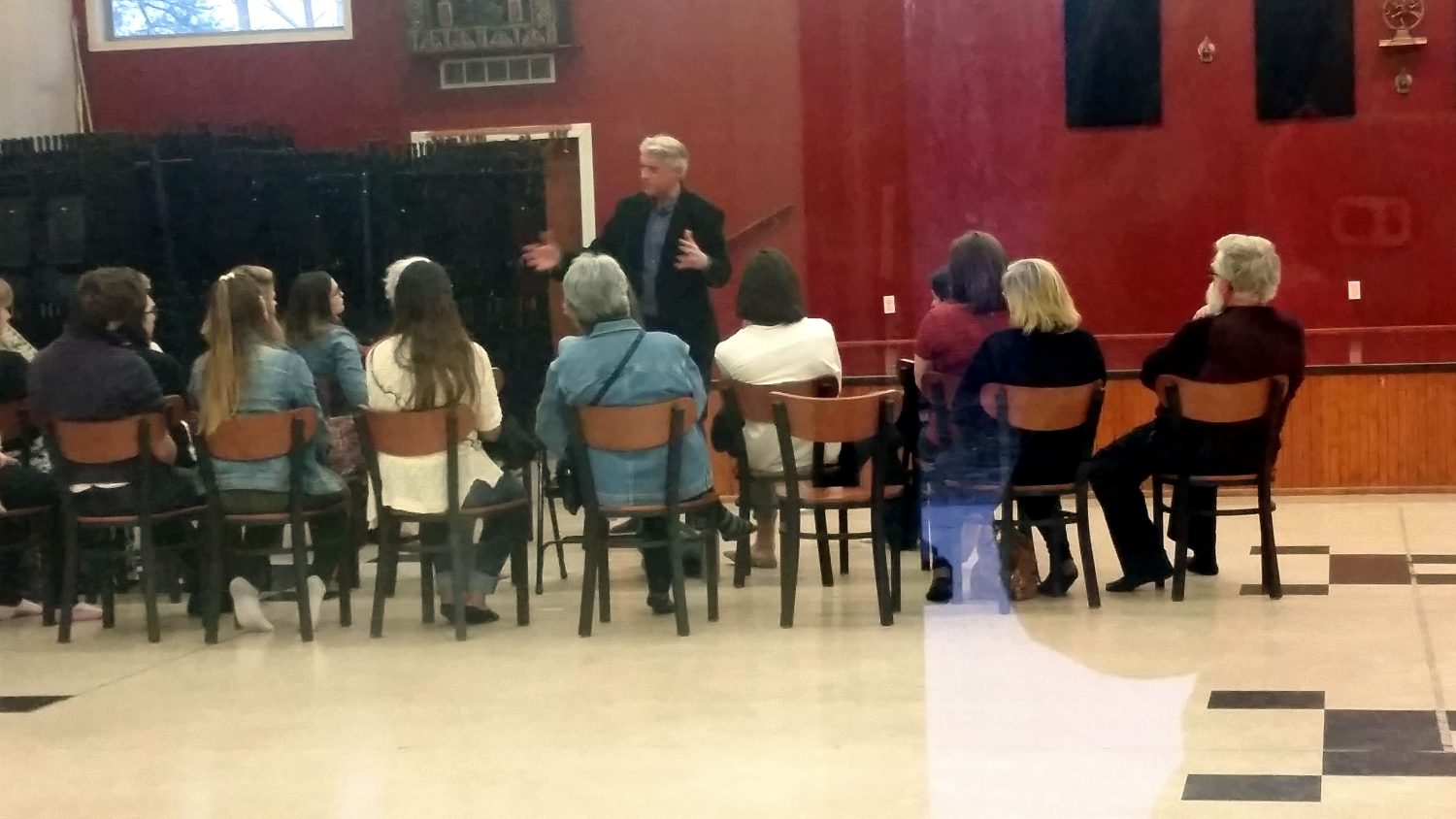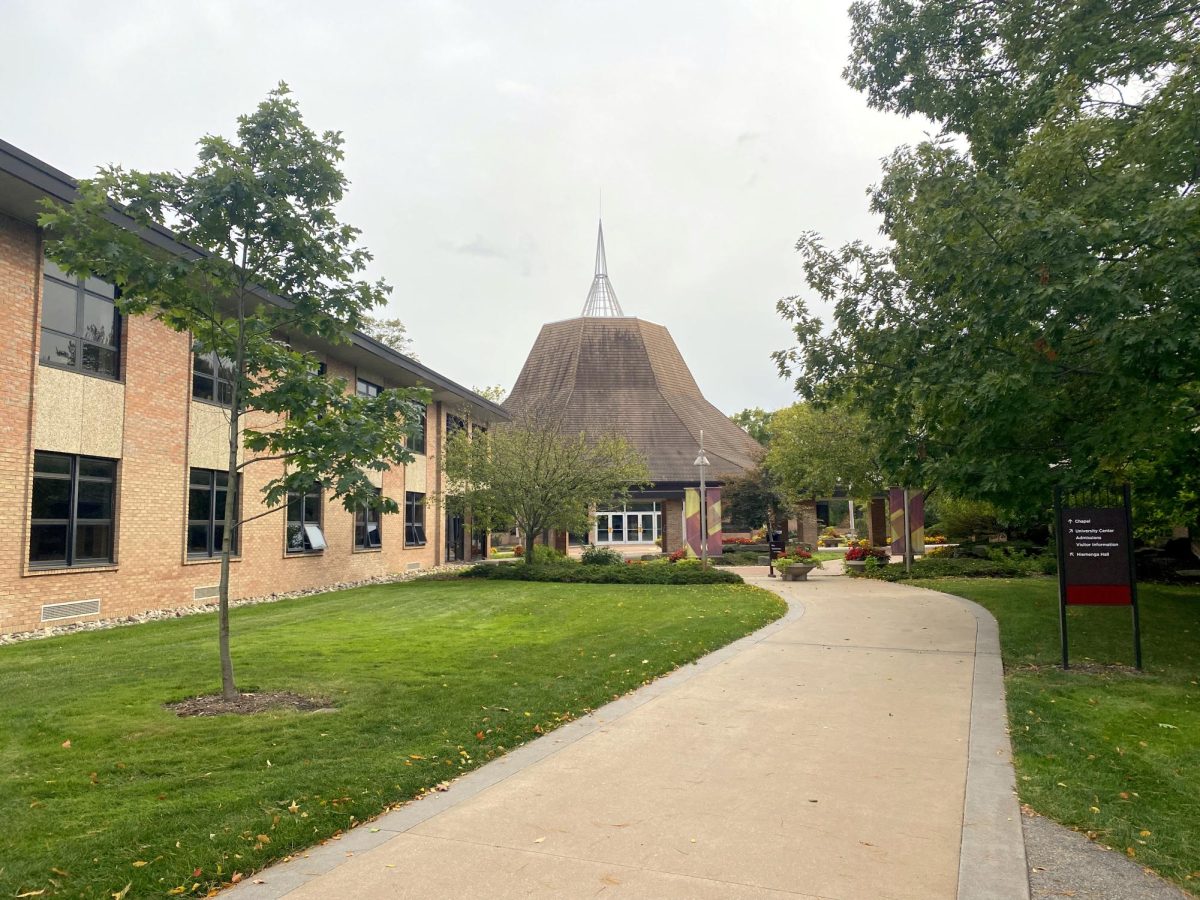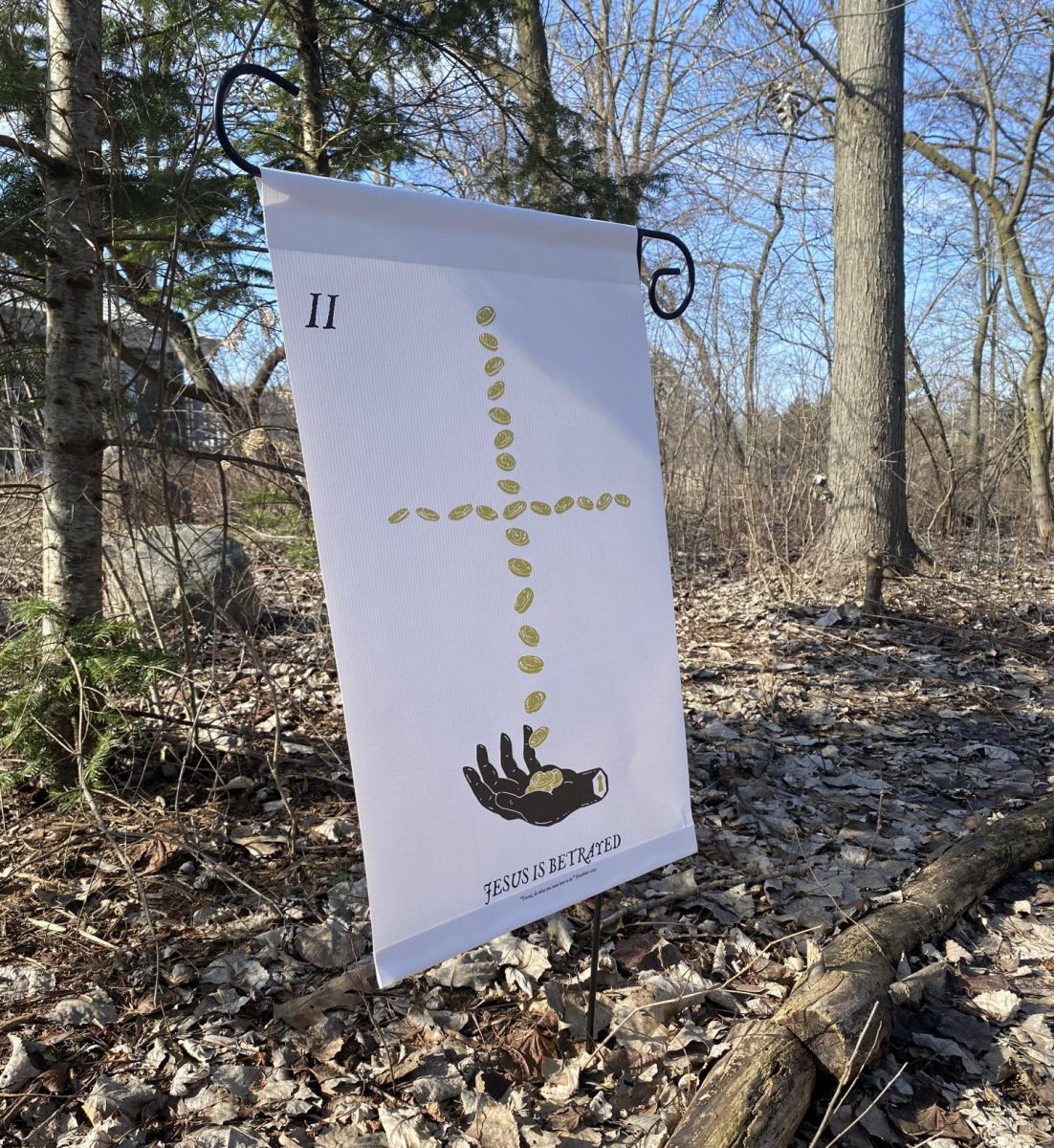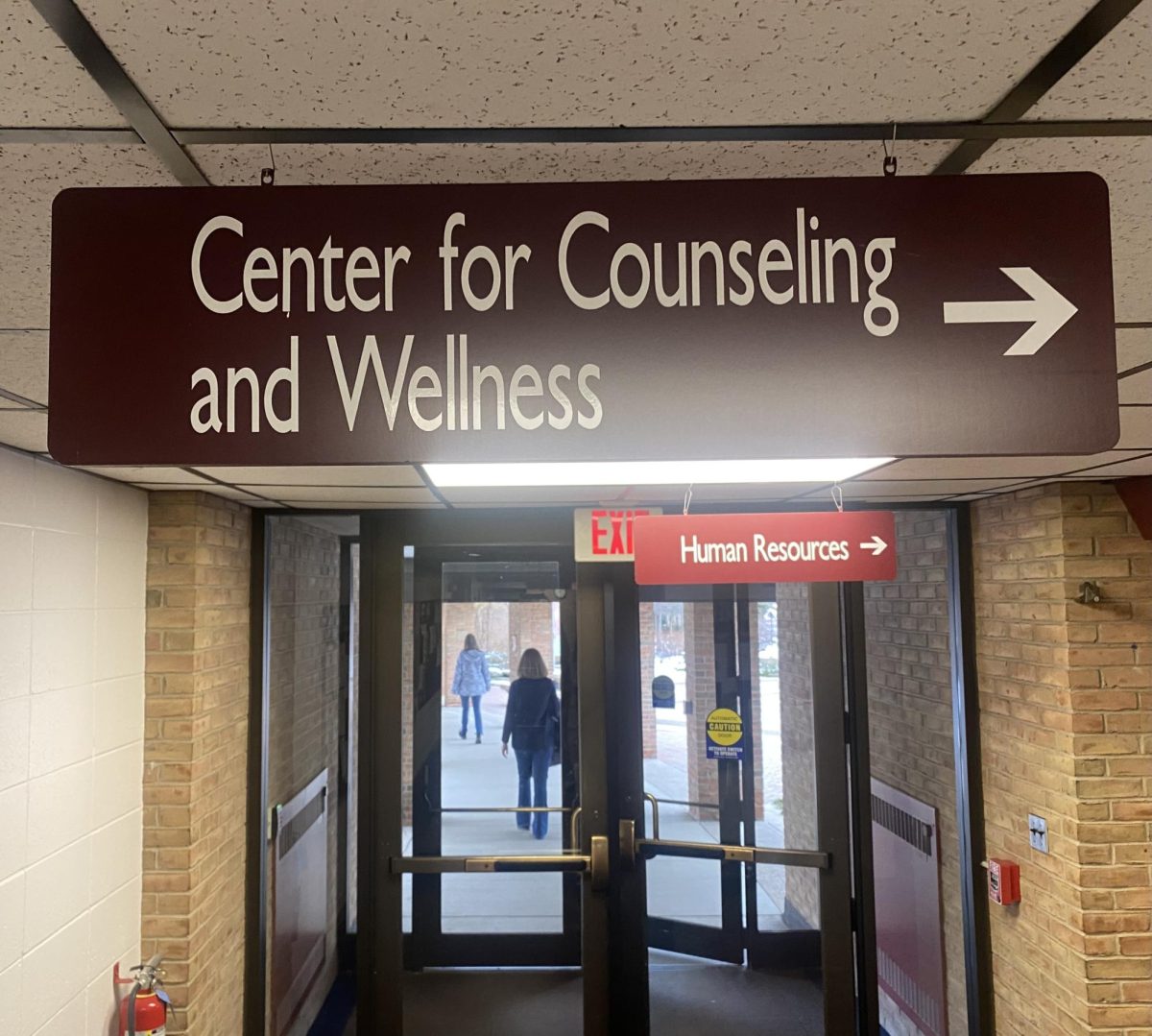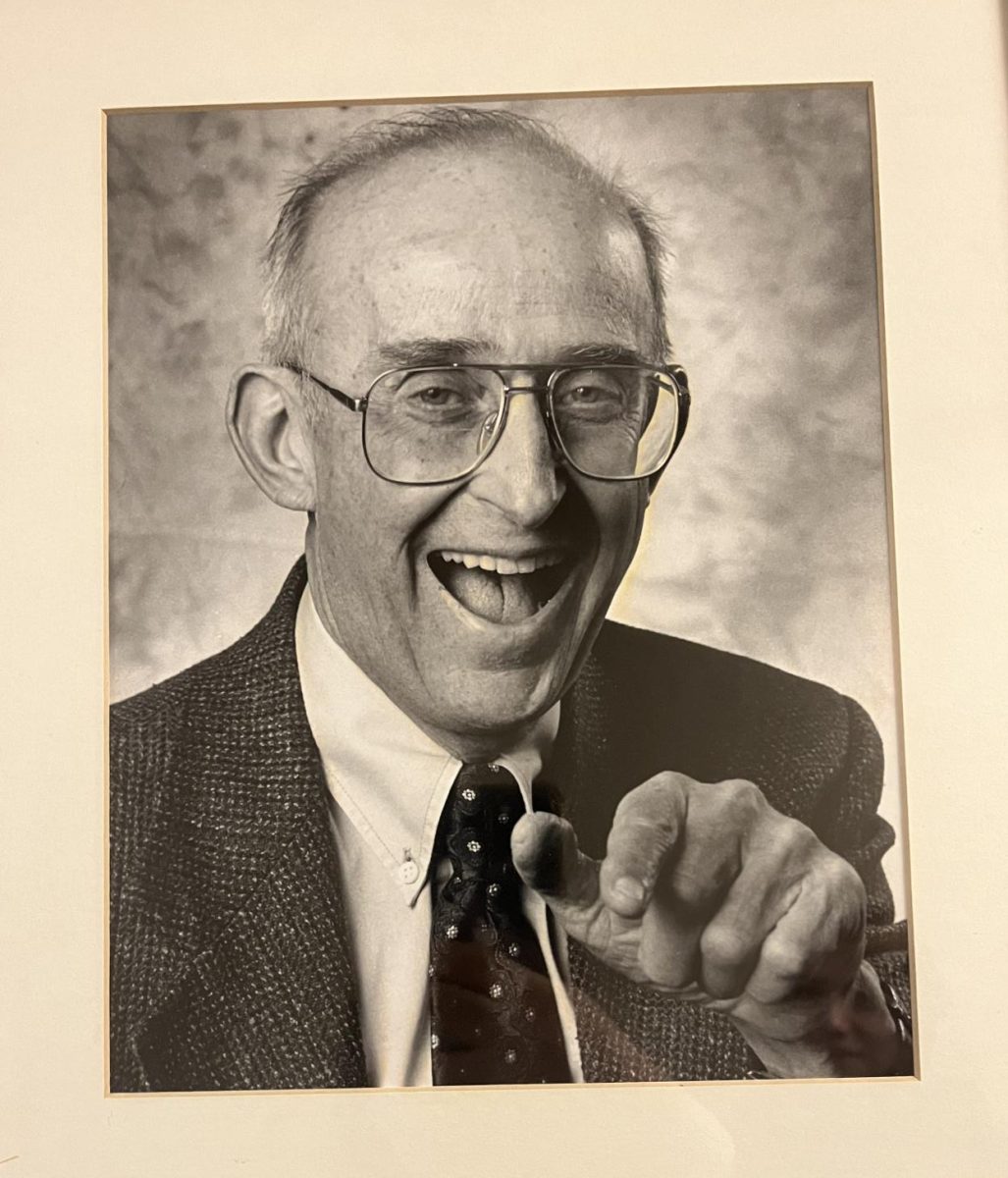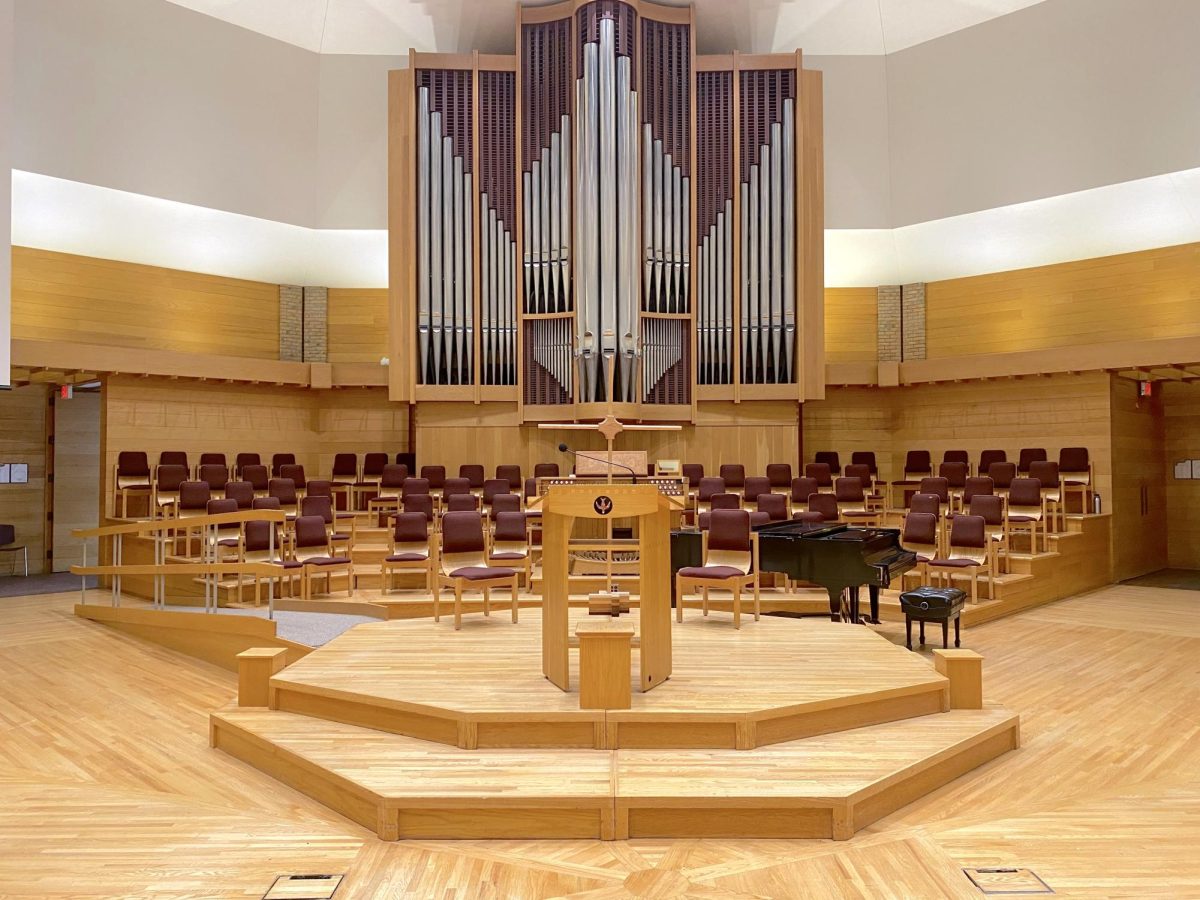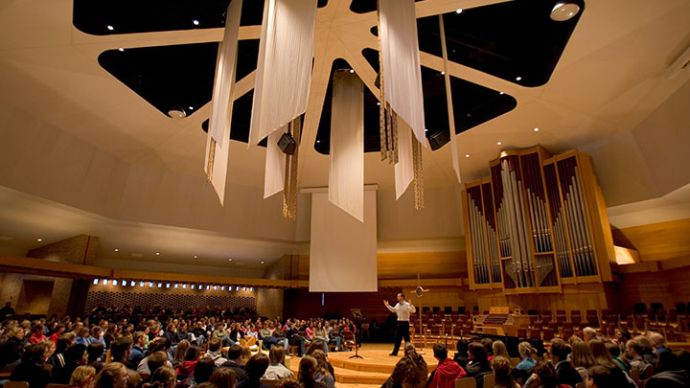Students from Hope, Calvin, GVSU and GRCC joined together with members of a local Methodist Church and social workers from Bethany Christian Services to tour the West Michigan Hindu Temple last Sunday.
After removing their shoes at the door to demonstrate respect, this group of about 20-30 people was welcomed into the temple by Fred Stella, the Pracharak, or outreach minister, for the temple. Stella gave an introduction to Hinduism, using familiar language to describe fundamental aspects of the religion.
Calvin first-year Jamie Kuiper appreciated Stella’s open approach to the tour: “I was pleasantly surprised about how open our guide was. He mentioned that he had given many tours to non-Hindus and talked about how people didn’t have to leave all of their old faith behind at the door. Hinduism is not as all-or-nothing as Christianity is.”
Throughout the introduction, Stella often compared and contrasted Hinduism with Abrahamic faiths. For instance, Stella said that unlike Abrahamic traditions, Hindus conceive of God as Brahman, one impersonal, indescribable, non-gendered entity that is “more verb than noun.”
“Hinduism is extremely liberal in terms of how do you perceive God,” said Stella. “People who need that personal relationship can have that personal relationship, people who conceive divinity purely as consciousness, that’s fine for them too.”
Calvin senior Aubrey Laubenthal said she learned about many misconceptions surrounding Hinduism: “For instance, they believe in one God, but the other ‘little g’ gods that they have are actually not what we would think of as gods. They’re more like what we would consider angels, and come from mythology. We learned that the Hindus actually recognize the non-historical and fictional nature of the mythology, and from what I gathered they see the gods as symbols of deep life truths.”
Stella also described that, unlike Christianity, Hindus do not engage in evangelism: “The reason we don’t seek out converts is because we don’t believe that religion, how you label yourself, or what community you belong to has anything to do, really, with your spiritual advancement. Every person can advance whether they have a religion or not, whether they are a Hindu or not. It’s simply a matter of developing a consciousness of pure compassion and of attaining this understanding of what we call self-realization.”
Another topic Stella addressed in the introduction was reincarnation. He said that just as Christians see themselves on a spiritual journey on which they grow in their ability to see Christ in others, Hindus see reincarnation as a part of their spiritual journey from satisfying personal cravings to seeing God in other people.
“The next lifetime is a result of the accumulation of deeds, actions and consciousness that inspires those actions,” said Stella. He also emphasized that the goal of reincarnation is to reach a state of “ever-existing, ever conscious, ever bliss” where the soul exists as pure consciousness.
Following the introduction, the group entered the part of the temple that housed the statues and icons. Stella led the group from one altar to the next, explaining the myths behind the deities and describing religious rituals.
“The temple itself where the main statues are housed was the most surprising to me,” said Laubenthal. “Beautiful music played in the background and a particular aroma filled the air. The statues were almost life size; I thought they’d all be smaller. I was also surprised to hear that the temple has many people coming in to pray every day.”
Many of the students who attended this event expressed appreciation for the opportunity to learn more about Calvin’s Hindu neighbors.
Calvin Interfaith intern Maaike Mudde said, “inter-religious literacy is an essential part of cross-cultural literacy and competence, even though we don’t always make that connection.”
Two upcoming interfaith events are a Tenebrae Service at St. Andrew’s Cathedral on April 14, and the play “Disgraced” at the Actor’s Theatre on April 21.




